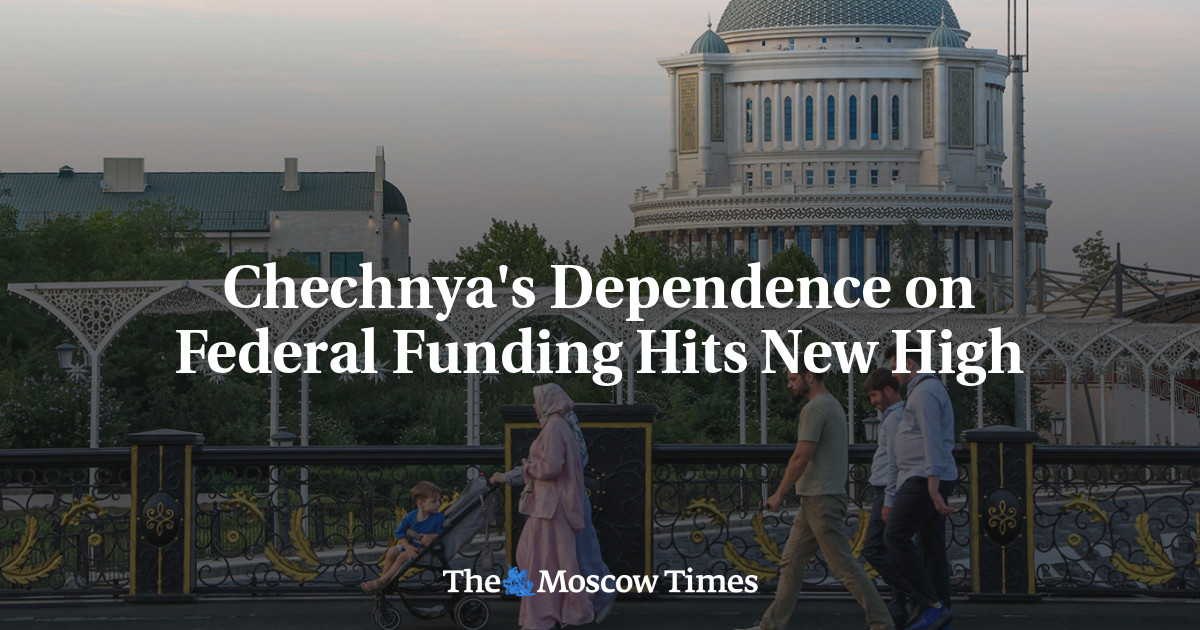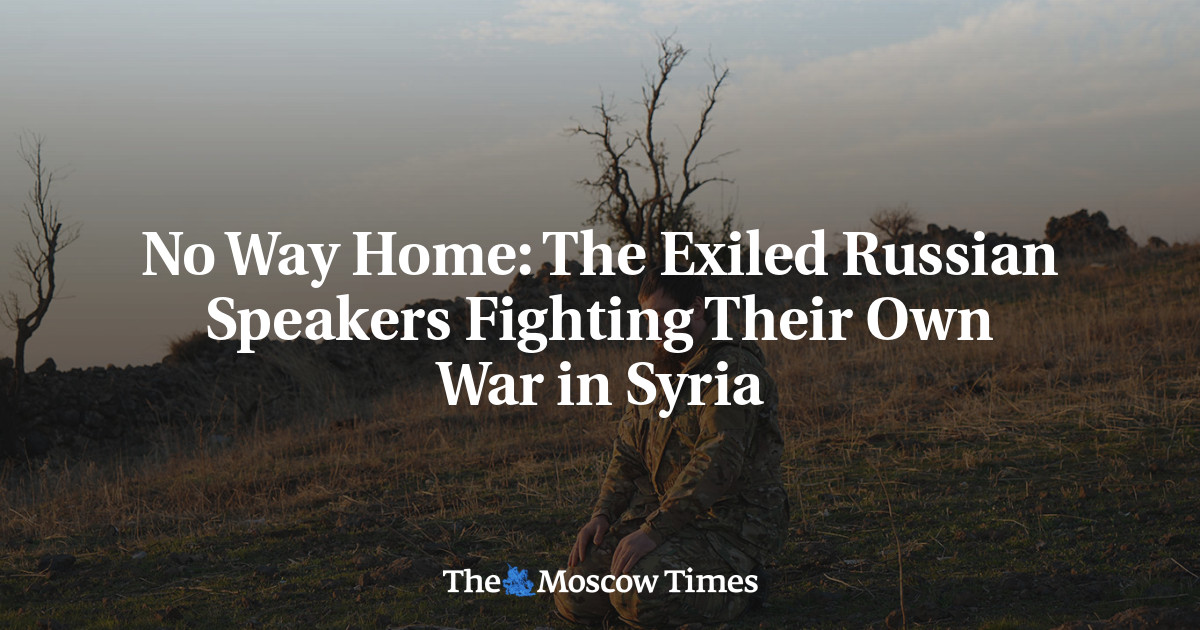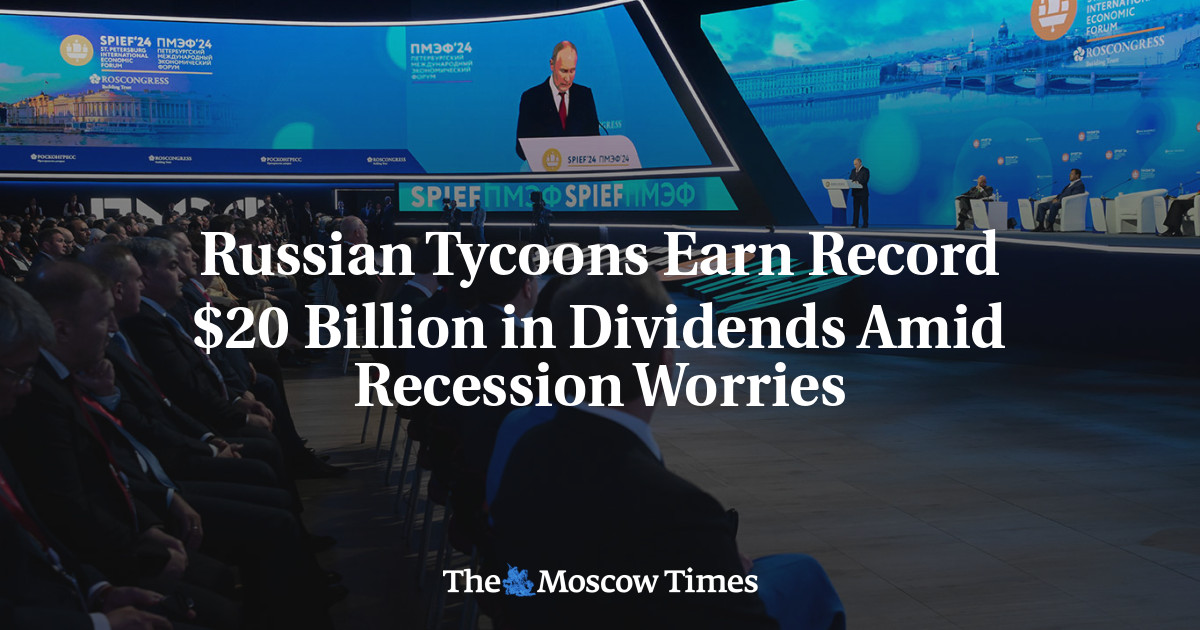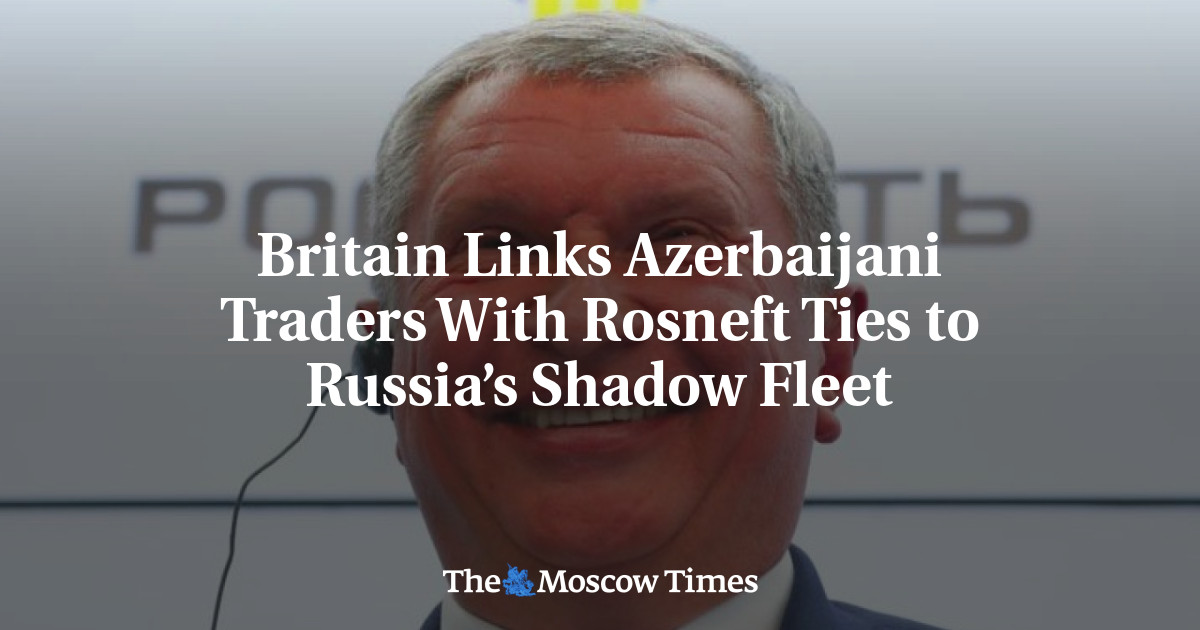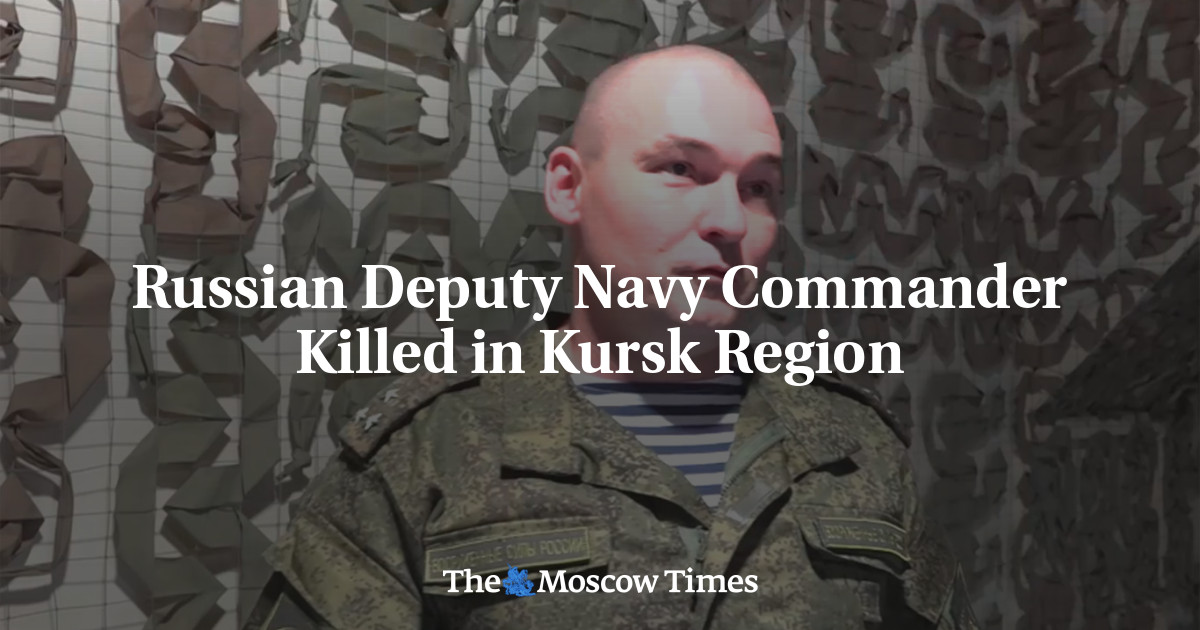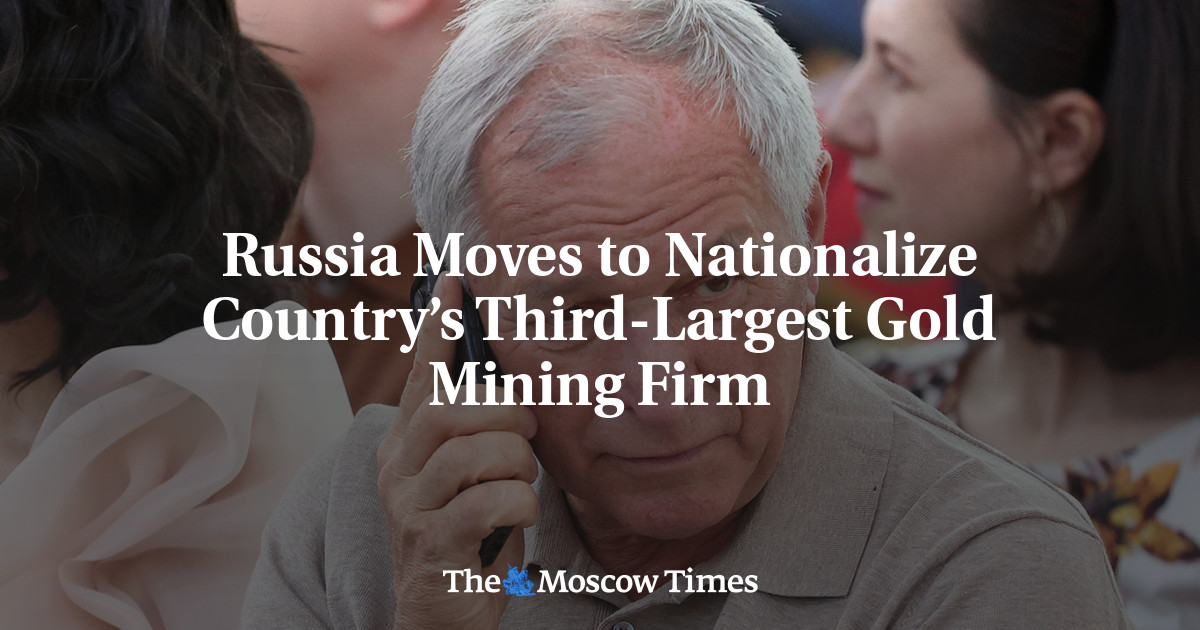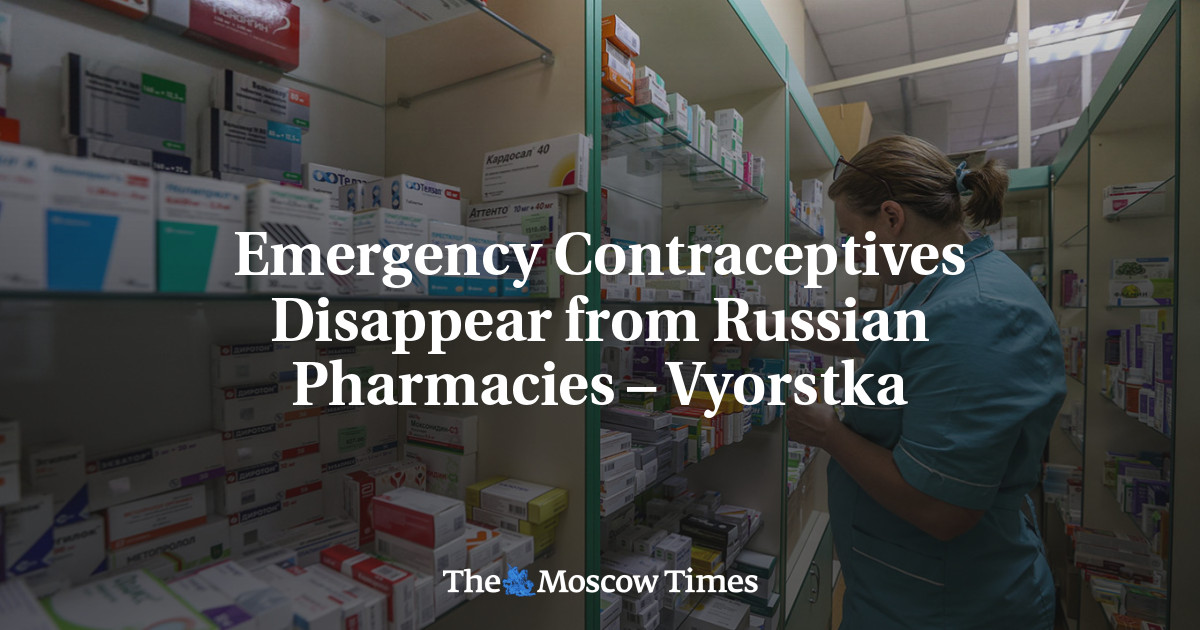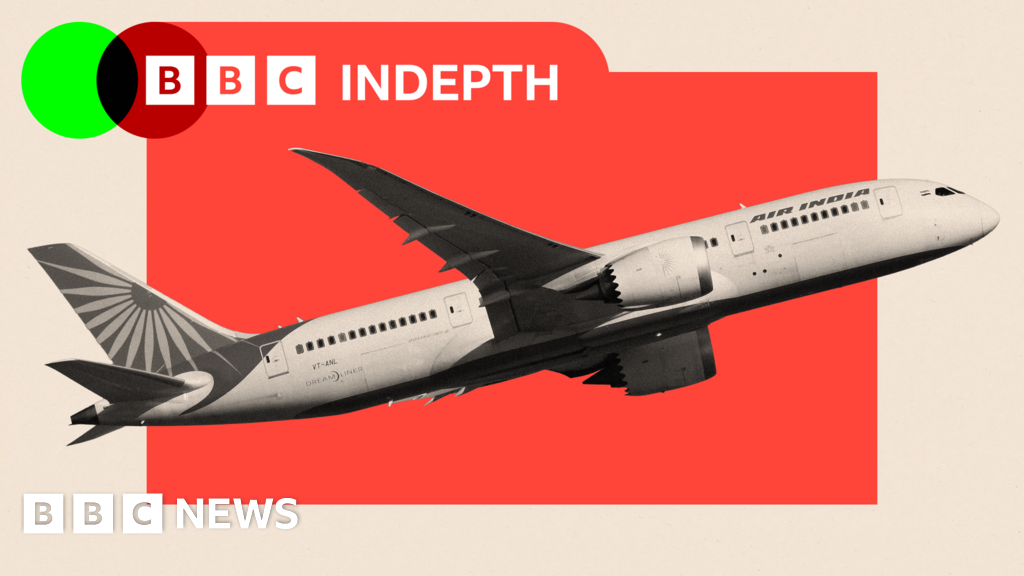Kirill Dmitriev has been called everything from one of Russia’s most prominent investment figures and President Vladimir Putin’s personal envoy to even a “shadow foreign minister.”
The head of Russia’s sovereign wealth fund has recently stepped into the spotlight as a key negotiator in Ukraine peace talks and an increasingly visible player on the international stage.
His visit to Washington this month — the most high-profile by a Russian official since the 2022 invasion of Ukraine — was the latest step in the emerging thaw in Russia-U.S. relations under President Donald Trump.
In addition to drawing attention with appearances on CNN and Fox News during his U.S. trip, he also launched an account on X, which is blocked in Russia, where he posts in English.
So who is Kirill Dmitriev — and why is he suddenly everywhere?
Western education and Russian career
Unlike many Russian officials, who rarely have a Western education, Dmitriev, who was born in Kyiv, studied at Stanford and Harvard. He started his career in the U.S. with Goldman Sachs and McKinsey before returning to Russia in the 2000s.
By 2011, he was appointed head of the Russian Direct Investment Fund (RDIF), which he said was based on his successful investment track record in Russia and not his personal connections.
"I only started to closely communicate with government representatives recently," Dmitriev said in a 2012 interview.
 Kirill Dmitriev, head of Russia's sovereign wealth fund, speaks to a member of the media on the sidelines of the US-Russia meeting at Riyadh's Diriyah Palace on February 2025.
Evelyn Hockstein / POOL / AFP
Kirill Dmitriev, head of Russia's sovereign wealth fund, speaks to a member of the media on the sidelines of the US-Russia meeting at Riyadh's Diriyah Palace on February 2025.
Evelyn Hockstein / POOL / AFP
Appointed this year as Russia’s special envoy on international economic and investment cooperation, Dmitriev, 49, also continues to head the RDIF — an organization on which, the U.S said, “Putin and his inner circle of cronies have long relied on…to raise funds abroad, including in the United States.”
Under Dmitriev’s leadership, the RDIF forged investment partnerships with funds and corporations from China, Saudi Arabia, Japan, France and the UAE. Dmitriev himself is known for cultivating relations with foreign political figures including Saudi Crown Prince Mohammed bin Salman, who he has met dozens of times.
Though RDIF stresses that it is apolitical and “aligned with global standards,” the RDIF and Dmitriev were both sanctioned in 2022 by the U.S., Canada, the U.K. and Australia. The RDIF is also under EU and Ukrainian sanctions.
Now playing a key role in Russia-U.S. peace negotiations, he took part in a meeting with representatives of President Donald Trump in Saudi Arabia in February and traveled to the U.S. — a trip that, according to CNN, meant that the U.S. temporarily lifted its sanctions against him to grant him a visa.
Diplomatic shadows
While Dmitriev has been cutting a figure as a key negotiator in peace talks, those who have worked with him describe a very different personality.
“Kirill is ambitious; he really loves and values himself. He always emphasizes his proximity to the president’s family. You can’t approach him easily,” a source who has known Dmitriev personally for a long time told The Moscow Times on condition of anonymity.
“He always reacted quite emotionally if something went wrong or didn’t go according to his plan. He could yell and stomp his feet,” another person who worked under him in the past told The Moscow Times.
"The problem is everyone that has met and worked with him knows he’s an assh***, and if they say that in public, it could scupper any chance of doing business again in Russia,” a journalist who has covered Russia for decades told The Moscow Times, speaking on condition of anonymity due to the risk of professional reprisals.
The Insider news outlet quoted another source who knows Dmitriev as saying that he “loves putting on a show with calls from high-ranking [Russian] officials” during negotiations to pressure partners into agreeing to deals.
According to Russian media sources, Dmitriev has also “clashed” with the Foreign Ministry.
The investigative news outlet Agentstvo reported that the confrontation between the two camps escalated during the first U.S.-Russia meeting in Saudi Arabia on Feb. 18, as Putin had authorized two separate negotiating teams without coordinating them.
“[Foreign Minister Sergei] Lavrov was very surprised to see three chairs on the Russian side of the negotiating room,” Agentsvo cited its anonymous source as saying, adding that it could not independently verify some of the source’s claims.
When Lavrov was informed that the third seat was for Dmitriev, he reportedly moved the chair away from the table and said, “If he wants to take part, let Vladimir Vladimirovich [Putin] tell me himself.”
“Everyone goes to Putin individually, and he tells each person something different,” Agentsvo’s source said. “That’s part of the reason why no one can clearly articulate Russia’s demands at the talks.”
Dmitriev was also allegedly the reason why Sputnik V — the Russian-made coronavirus vaccine that RDIF bankrolled — did not receive international certification despite it being the first in the world to be registered by national authorities, according to former Russian diplomat Boris Bondarev.
"It seems that Dmitriev, if he was ever familiar with Western norms, has traded them for the Russian, Putin-era system,” said Bondarev, who resigned from the Russian mission at the UN in Geneva after the invasion of Ukraine. “The Putin system is: 'Do what we say, and the Westerners will eventually bend. We must make them bend. They shouldn't set the terms for us; we will set the terms for them’."
‘Putin’s aide’
Dmitriev also acted as an unofficial diplomatic envoy in the Persian Gulf, fostering ties with Saudi Arabia, the UAE, Bahrain and Kuwait, according to Alexei Navalny’s Anti-Corruption Foundation (FBK).
Though these missions were officially framed as investment-driven, critics have described him as a “shadow foreign minister” whom the Kremlin entrusts with sensitive assignments, including attempts to arrange a meeting with Trump's team after his first presidential win and “secret plans” for building relations between Russia and the U.S.
 Kirill Dmitriev and Vladimir Putin.
kremlin.ru
Kirill Dmitriev and Vladimir Putin.
kremlin.ru
A key factor behind this trust may lie in his close personal connections to Putin’s inner circle, Russian media suggested.
“You can solve almost any problem through Kirill Alexandrovich [Dmitriev],” a Moscow businessman told The Insider.
Dmitriev’s wife Natalia Popova is deputy director of the Innopraktika Foundation, whose head Katerina Tikhonova is widely believed to be Putin’s daughter and was reportedly Popova’s university classmate.
The independent investigative outlet IStories reported that Dmitriev provided Tikhonova with a Gulfstream G650 for her trips to Munich and allegedly leaked insider information on the RDIF’s business deals to Putin’s former son-in-law Kirill Shamalov. Dmitriev called the investigation "one of thousands of fake stories."
FBK has also accused Dmitriev of accumulating more than 7.5 billion rubles (around $93.75 million) in assets across several countries, including France and the UAE. According to FBK, during the time Dmitriev worked as the RDIF’s head, the value of his real estate increased twentyfold.
Further Russia-U.S. talks
Following his visit to Washington last week, Dmitriev announced more Russian-American “contacts” to come this week.
"Undoubtedly, a major focus is on restoring Russian-American relations, something I’ve been working on for many years," Dmitriev said in the interview with Russia's state-run Channel One.
“Russia has withstood the attempt at a strategic defeat that the [President Joe] Biden administration tried to impose,” Dmitriev said.
“The United States is trying to understand where the points of convergence are between the interests of the U.S. and those of Russia. We see the beginning of a respectful, constructive dialogue,” he added.
Pyotr Kozlov contributed reporting.
A Message from The Moscow Times:
Dear readers,
We are facing unprecedented challenges. Russia's Prosecutor General's Office has designated The Moscow Times as an "undesirable" organization, criminalizing our work and putting our staff at risk of prosecution. This follows our earlier unjust labeling as a "foreign agent."
These actions are direct attempts to silence independent journalism in Russia. The authorities claim our work "discredits the decisions of the Russian leadership." We see things differently: we strive to provide accurate, unbiased reporting on Russia.
We, the journalists of The Moscow Times, refuse to be silenced. But to continue our work, we need your help.
Your support, no matter how small, makes a world of difference. If you can, please support us monthly starting from just $2. It's quick to set up, and every contribution makes a significant impact.
By supporting The Moscow Times, you're defending open, independent journalism in the face of repression. Thank you for standing with us.
Continue
![]()
Not ready to support today?
Remind me later.
 (1).png)
 2 months ago
29
2 months ago
29
